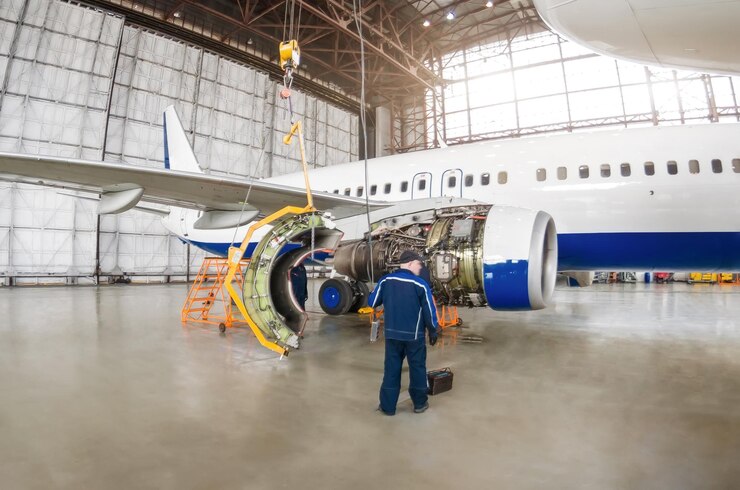Professionals working in the aerospace industry are in a growing market. This year alone, the demand for aviation jobs is expected to increase by five percent.
Whenever you learn more about different career paths, it only makes sense to equip yourself with the knowledge necessary to find success in your future career endeavors.
Keep reading to learn more about air engineering and the aerospace industry.
The Difference Between Air Engineering And Aerospace Industry
The field of air engineering focuses on the design, development, and maintenance of aircraft and their components. It deals with the technical aspects of aviation, such as aerodynamics, propulsion systems, and structures. On the other hand, aerospace engineering is a broader sector that encompasses not only the design and production of aircraft engineers, but also spacecraft, missiles, and satellites.
It involves a variety of disciplines, including:
- mechanical and electrical engineering
- materials science
- computer technology
The primary difference between air engineering and the aerospace industry is the scope of the projects they work on, with air engineering being more specialized and focused solely on aircraft, while the aerospace industry has a wider range of applications and projects.
Read More: The Menatir: UAV Services For Urban Infrastructure
How Air Engineering And Aerospace Industries Work Together
Air engineering and aerospace industries work hand in hand to advance and improve the technology and design of aircraft. The close partnership between these two industries allows for a constant exchange of knowledge and innovation.
Aerospace industries provide the necessary research and development for new aircraft technologies, while air engineering puts these ideas into practice. Through continuous collaboration and feedback, both industries are able to push the boundaries of flight and create more advanced and efficient aircraft. Learn more here to discover the endless opportunities and start your journey today.
The Importance Of Safety And Regulation
Air engineering and the aerospace industry play a critical role in modern society, providing essential modes of transportation, satellite communication, and national defense systems. However, with these advancements also comes the responsibility of ensuring the safety of passengers and equipment.
This is where safety and regulation play a crucial role. The aerospace industry is highly regulated, with strict standards and protocols in place to ensure the safe operation of aircraft and spacecraft. Air engineers are responsible for designing, testing, and maintaining these complex systems, and their expertise is vital in ensuring the highest level of safety.
Career Opportunities
Those interested in pursuing a career in this industry should have a strong foundation in mathematics, physics, and problem-solving skills. The aerospace industry is a major player in the global economy and offers a wide range of career opportunities, from aircraft engineers to flight mechanics to aerospace technicians.
These roles require:
- extensive training
- knowledge
- attention
This is to detail to ensure the safety and success of air travel. As technology advances, so does the demand for engineering skills in this field.
Shaping The Future Of Flight And Beyond
The world of air engineering and the aerospace industry is a dynamic and exciting field with countless opportunities. As technology continues to advance, these industries will play a crucial role in shaping the future of transportation and innovation.
So why wait? Take off into a career in air engineering and the aerospace industry today and be a part of the amazing advancements yet to come. Start exploring your options and make your dream a reality now. The sky’s the limit!
If you would like to learn more, make sure to check out some of our other blogs.
Additional:




























